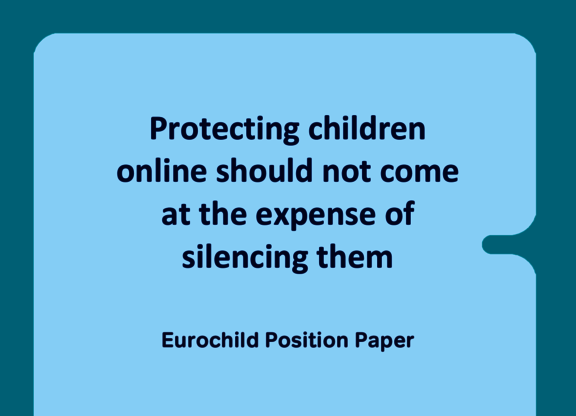Calls for greater protection of young people on social media are growing louder around the world. At the heart of the debate is the question of whether age limits and technical access restrictions can provide effective protection. Australia is often cited as an example, as it will be the first country in the world to implement a ban on social media use for children and young people under the age of 16 from December 2025. Several EU member states are increasingly discussing following this example. Germany is also in the midst of a debate about how to better protect young people online. To this end, a commission of experts has recently been established. By the end of summer 2026, the commission is expected to develop a comprehensive strategy entitled “Protecting Children and Young People in the Digital World”, which will include specific recommendations for relevant stakeholders such as the federal government, state governments and civil society organisations. The commission will address topics such as the conditions necessary for a safe digital environment for children and young people, the health consequences of media consumption, and how to strengthen media literacy among children, young people, parents, and professionals.
In this context, the civil society organization Eurochild, a European network of 225 children's rights organizations from 41 countries, has spoken out against blanket age limits of 15 or 16 for social media. In a position paper published in September entitled “Protecting children online should not come at the expense of silencing them,” the network expresses its concern that a so-called “digital age of majority” could exclude young people from the digital space. The position paper emphasizes that the three fundamental principles of the UN Convention on the Rights of the Child (CRC)—protection, provision, and participation—must be given equal consideration, as clarified in General Comment No. 25 (2025). Instead of exclusion, Eurochild advocates a child rights-based, evidence-based, and multi-stakeholder approach that provides children with safe and inclusive digital spaces. Eurochild argues that digital platforms are a key infrastructure for children, for example for learning, social interaction, creative development, and political and civil society participation. Banning children from social media altogether would deprive them of fundamental rights enshrined in the UN Convention on the Rights of the Child, including the right to information (Art. 17), the right to freedom of expression (Art. 13), and the right to participation (Art. 12). This particularly affects young people in countries where these rights are already severely restricted. Eurochild also warns that such access restrictions could hinder the development of digital skills and further exacerbate existing educational inequalities. Last but not least, the network emphasizes that access to digital media also fulfills a protective function. For example, children and young people can use it to obtain information about support services, access emergency hotlines, or report incidents of violence. Secure and barrier-free access is therefore essential, especially for particularly vulnerable groups. There are also warnings about the consequences of a ban: if age restrictions are imposed, there is a concern that children and young people will switch to risky and less regulated platforms. Eurochild thus emphasizes that children's rights must be fully guaranteed not only offline but also in the digital environment, and makes the following policy recommendations:
Provide child-rights based solutions that do not disproportionately restrict children’s rights online.
- Support safety-by-design regulation that prevents online risks and builds on the responsibility of the online platforms to provide child-rights respecting services.
- Encourage digital literacy initiatives for children, parents, teachers and professionals working with children.
- Strengthen the accountability and transparency of online platforms, including by strengthening the requirements and scrutiny of VLOPs risk assessment reports under the DSA obligations.
- Ensure meaningful child participation in digital policies and design.
You can download the Eurochild position paper from the background section of the website, or directly from the link below.

